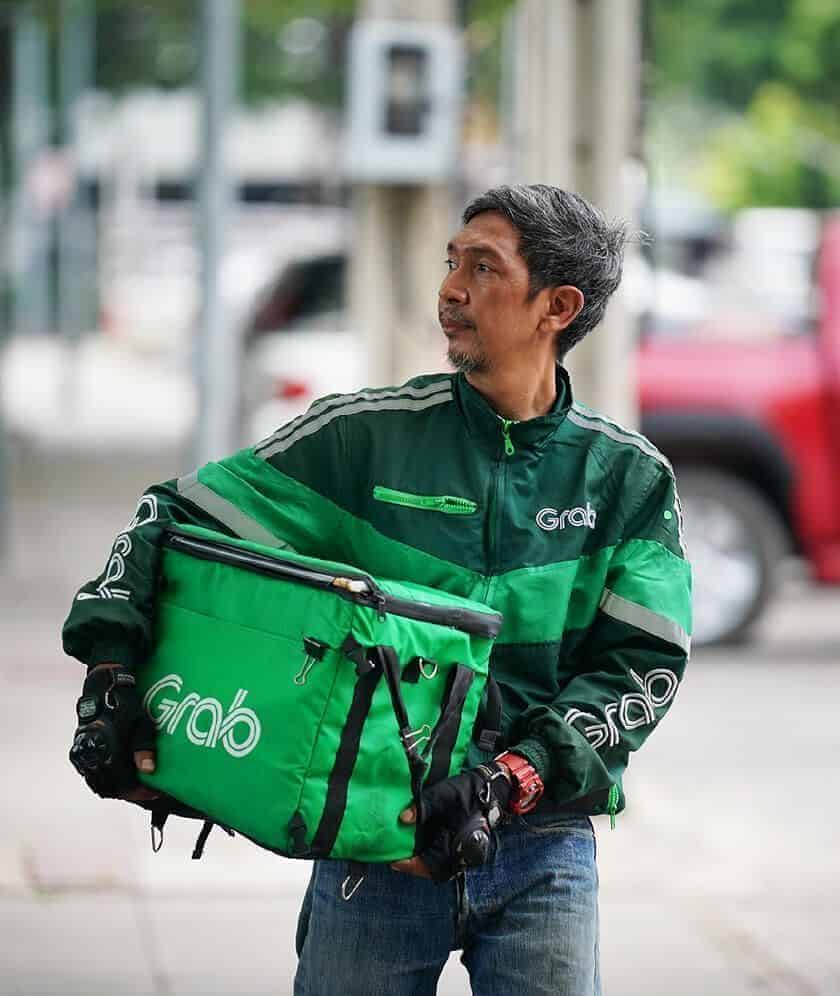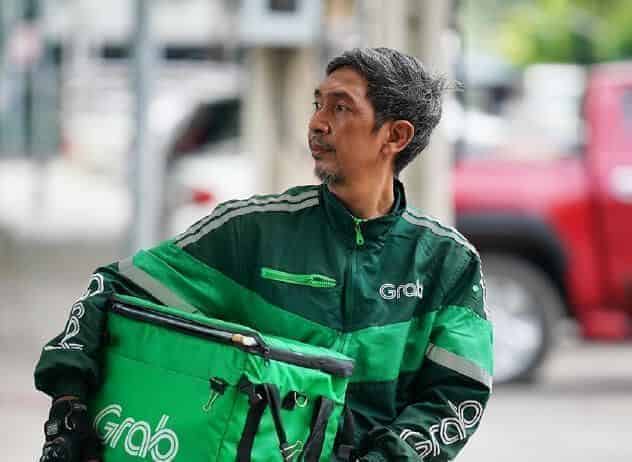Faces of Southeast Asia
Of big wins, little victories and the everyday spark. Here are the stories of the people of Southeast Asia whom Grab is privileged to serve.


Looking for something?

Trending
All articles
Showing all results
Forward Together
3 Media Close,
Singapore 138498

